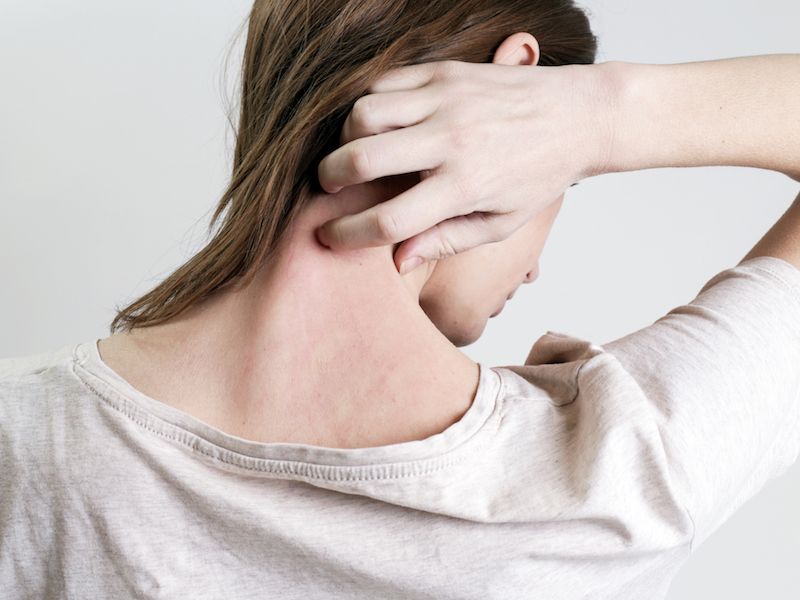When you think about psoriasis, you likely think about all those commercials depicted people with skin issues. Psoriasis impacts your overall health and not only your skin. Psoriasis is commonly misunderstood and minimized, due to a lack of knowledge of how psoriasis impacts sufferers as well as the serious conditions that can be related to this disorder. Psoriasis causes reactions throughout the whole body despite the fact that skin plaques are the most familiar sign: Chronic inflammation that can increase the danger of metabolic disorders and cardiovascular disease.
New research reinforces the body of research linking another significant problem to psoriasis: Hearing loss. Published in The Journal of Rheumatology, this research looked at connections between psoriatic arthritis, mental health, and hearing impairment. Psoriatic arthritis is a form of psoriasis where inflammation is concentrated around the joints, causing swelling, difficulty with movement, and discomfort. Afflicted individuals could also suffer from psoriasis, but with psoriatic arthritis, it’s conceivable to have swelling without also experiencing the tell-tale plaques.
In the same way as with rheumatoid arthritis (and like psoriasis), psoriatic arthritis is an autoimmune disease, the sufferer’s body is essentially targeting its own healthy cells. But psoriatic arthritis is different from rheumatoid arthritis because it’s frequently asymmetrical (so you could have it in one knee but not the other), and it doesn’t only impact joints but contributes to painfully swollen toes and fingers while it targets sufferer’s nails and eyes.
Based on the findings of this recent study, swelling from psoriatic arthritis might also impact hearing. The study contrasted the self-reported hearing loss of individuals who suffer from psoriatic arthritis, people who suffer from psoriasis but not psoriatic arthritis, and a large control group of people who had neither condition. They found that the group with psoriatic arthritis was more inclined to have hearing impairment, and those reports were supported by audiometric testing. Even when controlling for other risk elements, psoriatic arthritis sufferers were significantly more prone to have hearing loss than either {psoriasis sufferers or the control group}.
But there is an evident link between psoriasis, psoriatic arthritis and loss of hearing. A 2015 study discovered that people who have been diagnosed with psoriasis are at a significantly higher danger of getting sudden sensorineural loss of hearing, also known as sudden deafness. With sudden sensorineural hearing loss, people’s ability to hear diminishes significantly in three days or less. It has numerous potential causes, but scientists theorize that individuals who have psoriasis are at higher risk due to the kind of quick inflammation that happens during a flare-up of psoriasis symptoms. The hearing could be affected if this occurs near or in the cochlea. In certain instances, treatments that alleviate psoriasis symptoms could be used to deal with this type of hearing loss, but hearing aids are often recommended when sudden deafness does not respond to other treatments.
If you suffer from psoriasis or psoriatic arthritis, it’s essential to observe your hearing. Plan regular hearing tests along with your yearly health-care checkups. The inflammation from these diseases can lead to inner ear damage, which can result in loss of balance and psoriatic arthritis. psoriatic arthritis and psoriasis are both also linked with depression and anxiety, both of which can be additionally exacerbated by loss of hearing. Other health issues, like dementia, can be the result if you don’t detect hearing loss early.
Recognition is key, and working with your doctors and frequently getting your hearing examined can assist you in keeping in front of symptoms with early intervention. You shouldn’t need to compromise your quality of life for psoriasis or for loss of hearing, and having the right team on your side can make a big difference.

